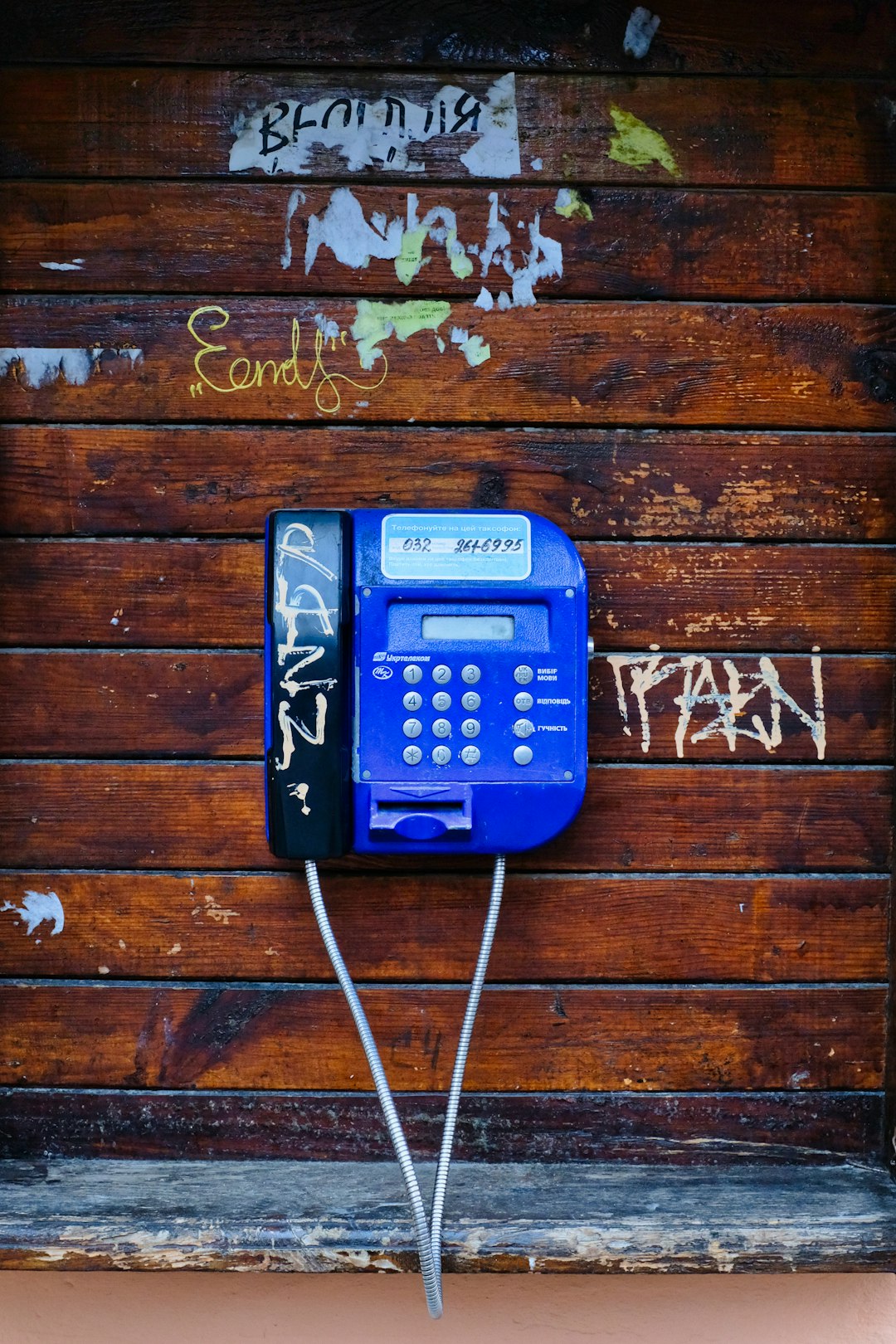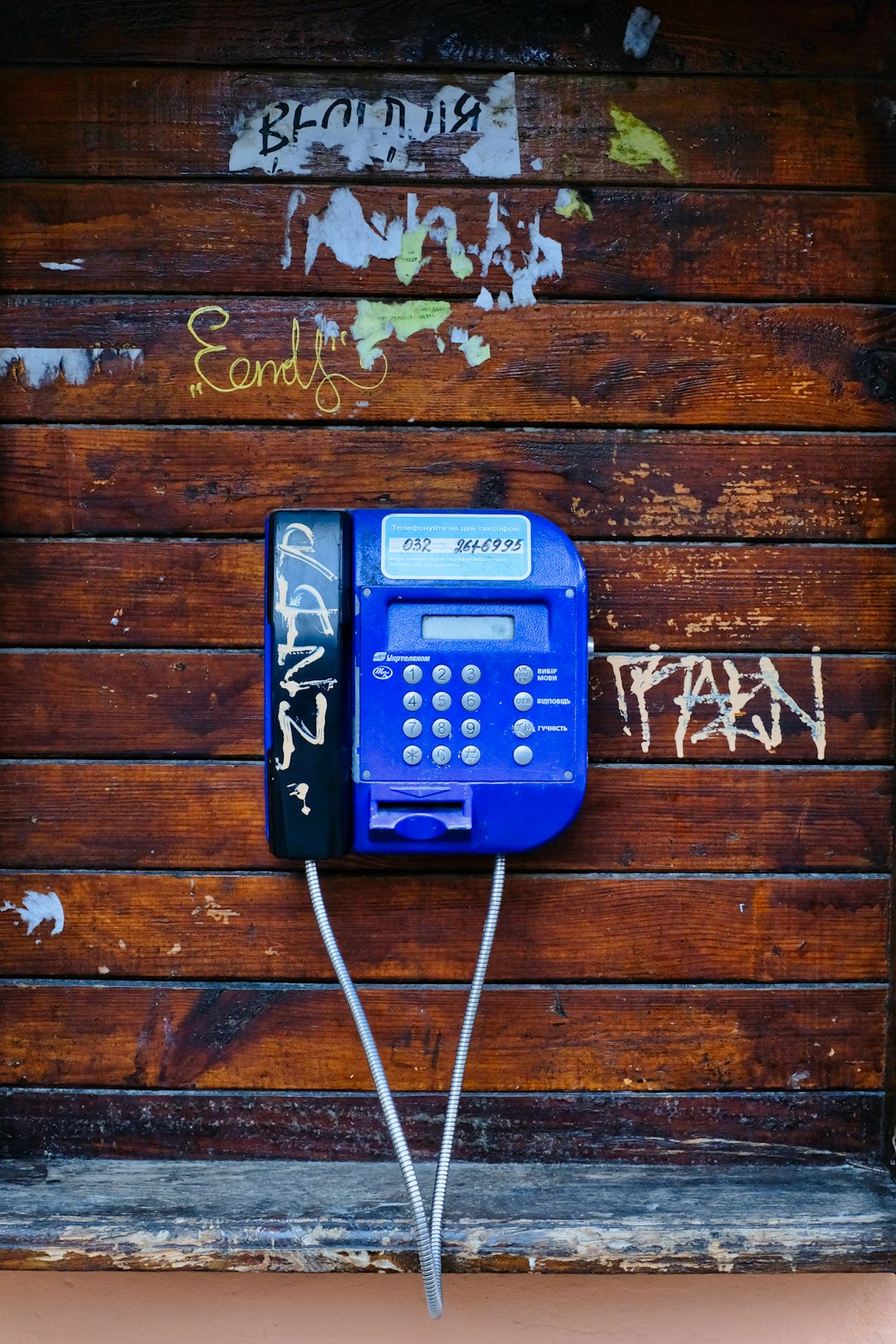In the digital age, robocalls are a common nuisance, with many North Carolina families burdened by unsolicited marketing calls. The Telemarketing Consumer Protection Act (TCPA) safeguards consumers from these practices, and a specialist lawyer for TCPA NC is crucial in holding companies accountable. These legal experts protect privacy, prevent harassment, and offer recourse for financial losses caused by robocalls. By utilizing do-not-call lists, call-blocking technology, and consulting legal professionals, families can mitigate the impact of unwanted calls and safeguard their peace and privacy.
“In today’s digital age, robocalls have become an all-too-common nuisance, infiltrating our personal lives at an alarming rate. This article delves into the financial impact of these automated calls on families across the nation. We explore the rising trend, examining the Telemarketing Consumer Protection Act (TCPA) and its role in safeguarding consumers. Beyond the annoyance, robocalls can lead to significant financial losses and hidden costs. We offer insights on legal recourse through a TCPA lawyer in NC and practical tips for families to prevent and mitigate robocall interference.”
The Rise of Robocalls and Their Prevalence in Everyday Life

In today’s digital era, robocalls have become a ubiquitous part of our daily routines, often interrupting our personal and professional lives with pre-recorded messages. This phenomenon has been on the rise, driven by technological advancements that enable automated calling systems to reach vast audiences in record time. With just a few clicks, businesses can now dial thousands of numbers simultaneously, ensuring widespread distribution of their marketing campaigns or informational messages. While some robocalls offer valuable services, such as banking updates or appointment reminders, many consumers find themselves overwhelmed by unsolicited calls promoting everything from financial products to legal services.
For families, the proliferation of robocalls can have a significant financial impact. Unwanted calls not only disrupt daily activities but also contribute to increased communication costs. In addition, consumers may inadvertently fall victim to deceptive practices or unwittingly provide personal information to scammers disguised as legitimate organizations. A lawyer for TCPA NC (Telemarketing Consumer Protection Act) can help protect individuals and families from these issues by enforcing compliance with regulations designed to curb abusive calling practices and ensure consumer privacy.
What is the Telemarketing Consumer Protection Act (TCPA)?

The Telemarketing Consumer Protection Act (TCPA) is a federal law designed to protect consumers from intrusive telemarketing practices. Enacted in 1973, it sets guidelines for companies engaging in automated or prerecorded phone calls, including robocalls. The TCPA restricts when and how these companies can contact individuals, with specific exemptions for certain types of communications, such as those from charities, political organizations, and financial institutions.
In North Carolina, a lawyer specializing in TCPA cases can help consumers navigate the complexities of this legislation. These legal experts ensure that businesses comply with the act’s provisions, which include obtaining prior express consent before making automated calls, providing a way for recipients to opt out of future calls, and limiting the frequency of such calls. By understanding and enforcing the TCPA, these lawyers play a crucial role in safeguarding consumers’ privacy and preventing harassment from unwanted robocalls.
Financial Loss and Hidden Costs: How Robocalls Affect Families

Robocalls, while often seen as a nuisance, carry significant financial implications for families across North Carolina and beyond. Beyond the direct cost of their time and the frustration they cause, there are hidden expenses that can accumulate over time. Many robocalls attempt to sell products or services, and while some may be legitimate, others can lead to unnecessary purchases due to high-pressure sales tactics. This not only results in wasted money but can also impact families’ financial stability.
Moreover, the emotional toll of dealing with unwanted robocalls cannot be understated. The constant barrage of calls can cause stress and anxiety, leading to potential health issues. A lawyer specializing in TCPA (Telephone Consumer Protection Act) cases can help hold these companies accountable for their actions and provide recourse for families affected by financial loss and hidden costs associated with robocalls.
Legal Recourse for Unwanted Calls: Seeking Justice as a TCPA Lawyer in NC

In North Carolina, the Telephone Consumer Protection Act (TCPA) offers legal recourse for families affected by unwanted robocalls. If your privacy has been invaded by repetitive, automated calls promoting products or services, a lawyer for TCPA NC can help you seek justice. These attorneys specialize in navigating the complexities of the TCPA to protect consumers from abusive calling practices.
By employing this legislation, a TCPA lawyer in NC can file a lawsuit against the call centers responsible, seeking damages and injunctive relief. This not only compensates families for their distress but also serves as a deterrent for other companies engaging in similar practices. With their expertise, these legal professionals ensure that your rights as a consumer are upheld, holding intruders accountable for violating your peace and privacy.
Preventing and Mitigating Robocall Interference: Tips for Families

Robocalls can be a persistent and frustrating problem, but families can take steps to prevent and mitigate their impact. One effective strategy is to utilize do-not-call lists and registrations. Both federal and state laws, such as the Telephone Consumer Protection Act (TCPA) in North Carolina, offer protections against unsolicited calls. By registering your phone number on these lists, you can reduce the volume of robocalls you receive. It’s a simple yet powerful tool that many families find helpful.
Additionally, investing in call-blocking technology can significantly minimize interference from unwanted calls. There are various apps and devices available that filter out robocalls based on patterns and known caller databases. Educating family members about these tools and their importance can create a more peaceful home environment. Moreover, reviewing call history regularly to identify and report persistent robocallers to your service provider may encourage them to take action against these calls, further protecting your family from their financial and emotional toll.






